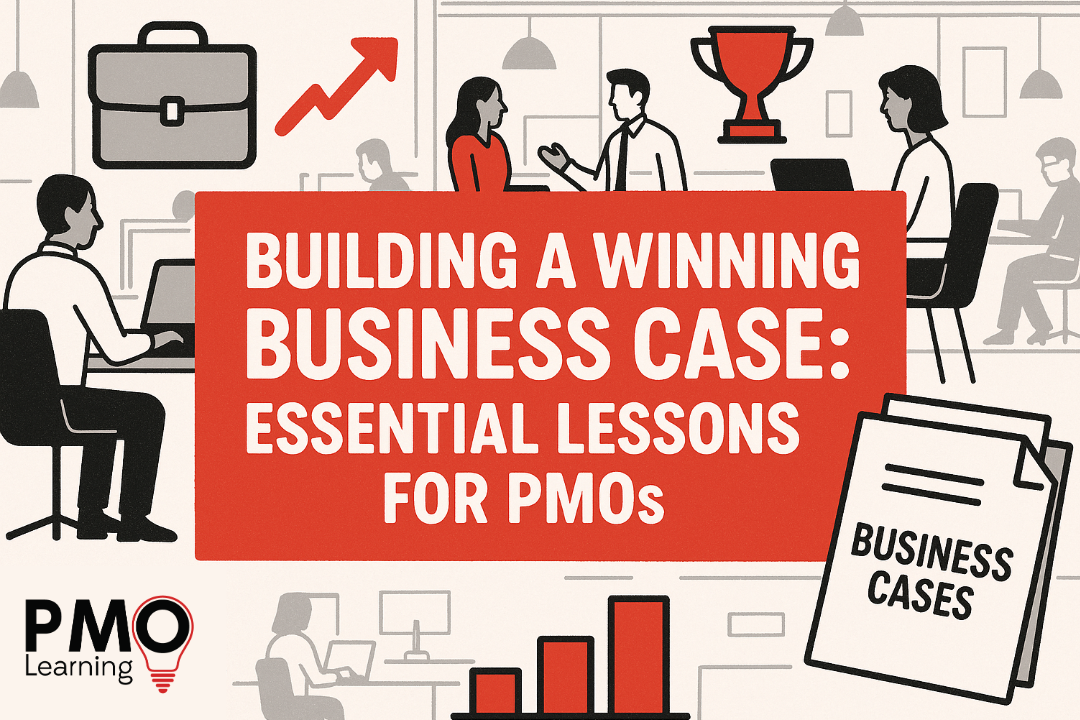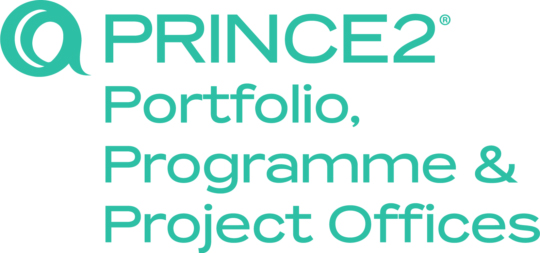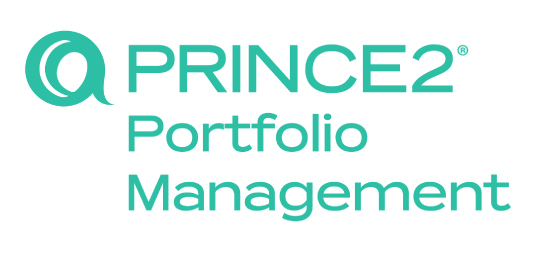A few years back, Eileen took part in a panel session with APMG International – they are the ones that examine certification courses such as the House of PMO Essentials and the Better Business Cases.
There were lots of great insights in this session that I think are worth highlighting for any PMO professional who is working in the competency area of business cases – wanting to improve their knowledge or just gain some new perspectives on it.
Better Business Cases
Before we jump in – just a reminder about the training course and certification.
The Better Business Cases course and certification focus on equipping professionals with the skills to create robust, well-structured business cases that support effective decision-making. Based on the UK Treasury’s Green Book guidance, the course teaches participants how to develop compelling arguments for investment by covering areas like cost-benefit analysis, risk management, and strategic alignment. It’s designed to help professionals create business cases that are clear, credible, and aligned with organisational goals, ensuring the right decisions are made at every stage of a project or programme.
PMO professionals should consider taking the Better Business Cases course to gain the expertise needed to support the development of strong, strategic business cases – specifically being able to work with project managers, programme managers, sponsors and other execs to provide guidance – enhancing their influence and value within the business in the process.
Here’s some of the highlights from the session.
Crafting a solid business case isn’t just about the numbers or the technical details, it’s about ensuring clarity, integrity, and strategic alignment. Here are seven key lessons PMOs can take from best practices in business case development.
1. Incorporate a Broad Range of Stakeholders
One of the most important steps in developing a business case is ensuring that it reflects a wide range of perspectives. This means bringing in diverse stakeholders, from technical experts to business leaders, from financial officers to operational teams. The more comprehensive the input, the more credible and balanced the business case will be.
PMOs can play a key role in facilitating workshops or collaborative sessions where all relevant parties can provide input. This helps ensure that the business case addresses not just the technical requirements but also the strategic objectives and operational concerns. A collaborative approach ensures that the business case resonates across different departments and functions, increasing its likelihood of approval.
The course can help PMO professionals understand the business case formulation process and provide guidance on how to facilitate sessions that lead to a solid and comprehensive outcome.
2. Balance Detail with Readability
While business cases require thorough data and analysis, it’s crucial to strike the right balance between technical detail and readability. Decision-makers typically don’t need to wade through pages of granular data to understand the value of a project. Instead, focus on presenting clear insights and key takeaways.
A concise executive summary that outlines the key benefits, costs, and risks can help busy stakeholders make quicker decisions. Use appendices or annexes for detailed technical breakdowns, ensuring that those who need to dive deeper can easily access the full information. This approach keeps the business case both impactful and manageable.
The Better Business Cases course can help PMO professionals understand the essentials of crafting an executive summary and how to structure the business case to make it easy to read and comprehend.
3. Use a Programmatic Approach and Benchmarks
When dealing with large-scale or complex business cases, especially in areas like sustainability, using a programmatic approach is invaluable. This involves referencing similar initiatives, benchmarks, and proven outcomes to justify your case.
By learning from past successes and failures, PMOs can provide more informed information and avoid potential pitfalls. For example, when creating a business case for sustainability or energy efficiency, citing similar projects with established return-on-investment metrics can bolster your position and demonstrate the feasibility of your proposal. The PMO can assist in providing relevant data from previous projects and support research to uncover further evidence.
4. Make the Business Case a Living Document
A business case should never be static. It needs to evolve as new information becomes available and as projects progress. Regular reviews and updates ensure that the business case remains relevant, especially when external factors like market conditions, regulations, or organisational goals shift.
PMOs should work alongside project sponsors to set up processes for ongoing monitoring and adjustment of the business case throughout the project lifecycle. This helps maintain alignment with strategic goals and allows for adjustments when initial assumptions no longer hold true.
5. Prioritise Integrity and Transparency
One of the most vital aspects of creating a business case is maintaining integrity. PMOs should provide guidance about the importance of transparency on assumptions, risks, and potential downsides of a project. It’s tempting to overstate benefits or minimise risks to make a business case more appealing, but this can backfire in the long run.
Being honest and forthright about what’s known, what’s uncertain, and what’s potentially risky not only builds trust but also leads to better decision-making. If a business case fails after thorough analysis, that’s still a win, it means the team has identified potential flaws early on, saving time and resources.
PMOs play a crucial role in holding stakeholders accountable by ensuring that assumptions, risks, and potential downsides are properly considered and addressed throughout the project. By enforcing accountability, the PMO helps safeguard the integrity of the business case, ensuring that decisions are based on realistic expectations and not on inflated projections.
6. Ensure Adaptability and Strategic Alignment
External factors and market conditions can change unexpectedly, and so should the business case. A good business case should be flexible enough to accommodate these changes, ensuring that it continues to align with the organisation’s strategic objectives.
While the business case is owned by the project sponsor, the PMO plays a key role in regularly reviewing it, ensuring it stays aligned with the organisation’s evolving priorities. By scheduling regular reviews, the PMO provides opportunities for the business case to adapt to new opportunities, shifts in direction, or emerging challenges. For example, during a market downturn, a project’s financial assumptions might need to be revised. This flexibility ensures that the business case remains relevant and actionable, even in uncertain times.
7. Tell a Clear, Compelling Story
At its core, a business case is more than just a set of numbers; it’s a narrative that explains why the project matters. The “why” of a business case is what makes it resonate with decision-makers. It’s not just about presenting facts and figures; it’s about telling a compelling story that connects the project to the broader organisational vision and strategy.
The PMO can play a crucial role in guiding the development of a clear narrative. By working with stakeholders to clarify the strategic need for the project, expected benefits, and risks, the PMO helps ensure that the business case is seen not just as a technical document, but as a key driver of organisational success.
Business cases are powerful tools, but only if crafted well. By incorporating diverse stakeholder input, balancing technical detail with clarity, using benchmarks, and maintaining integrity, PMOs can significantly increase the chances of project success. Ensuring adaptability, strategic alignment, and a compelling narrative will elevate a business case from a mere proposal to a strategic asset that drives organisational decision-making.
For PMOs looking to be seen as strategic, value-driven partners, the Better Business Cases course offers invaluable knowledge and experience. By mastering the creation of strong, aligned, and compelling business cases, PMOs can elevate their role within the organisation, demonstrating their ability to influence key decisions and drive success. Consider taking the course to sharpen your skills and position yourself as a critical player in shaping the future of your organisation.
Enjoying Our Blog?
Sign up and receive all our articles (we’ll send you an update once a week!) plus special offers and events:






